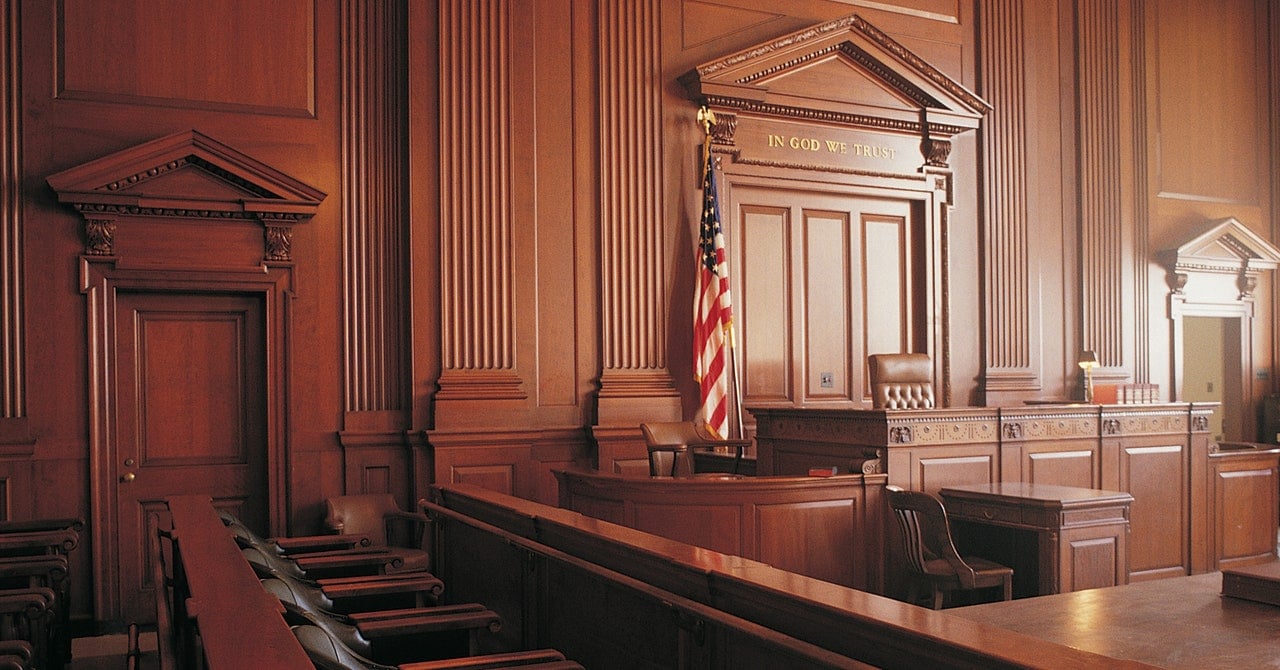- cross-posted to:
- [email protected]
- cross-posted to:
- [email protected]
The Internet Archive has lost a major legal battle—in a decision that could have a significant impact on the future of internet history. Today, the US Court of Appeals for the Second Circuit ruled against the long-running digital archive, upholding an earlier ruling in Hachette v. Internet Archive that found that one of the Internet Archive’s book digitization projects violated copyright law.
Notably, the appeals court’s ruling rejects the Internet Archive’s argument that its lending practices were shielded by the fair use doctrine, which permits for copyright infringement in certain circumstances, calling it “unpersuasive.”
In March 2020, the Internet Archive, a San Francisco-based nonprofit, launched a program called the National Emergency Library, or NEL. Library closures caused by the pandemic had left students, researchers, and readers unable to access millions of books, and the Internet Archive has said it was responding to calls from regular people and other librarians to help those at home get access to the books they needed.



According to this article:
It sounds like what you’re describing is what they were doing before they did the thing for which they got sued.
As for AI, I think that in general using a copyrighted work to train an AI is a transformative use and therefore that it is permitted by law. Specific instances in which an AI outputs copyrighted text without any transformative modifications may still be copyright infringement They may also be fair use, in the way that copying a short excerpt from a longer document is fair use. I’m not a lawyer.
Anyway, if the courts rule against the AI companies, the enforcement of such a ruling would be disastrous for the ability for American companies to compete with international rivals who will still freely use the training data that American companies would no longer have access to. A law would be (or at least should be) passed to prevent that, although the tech companies might end up paying some nominal fee.